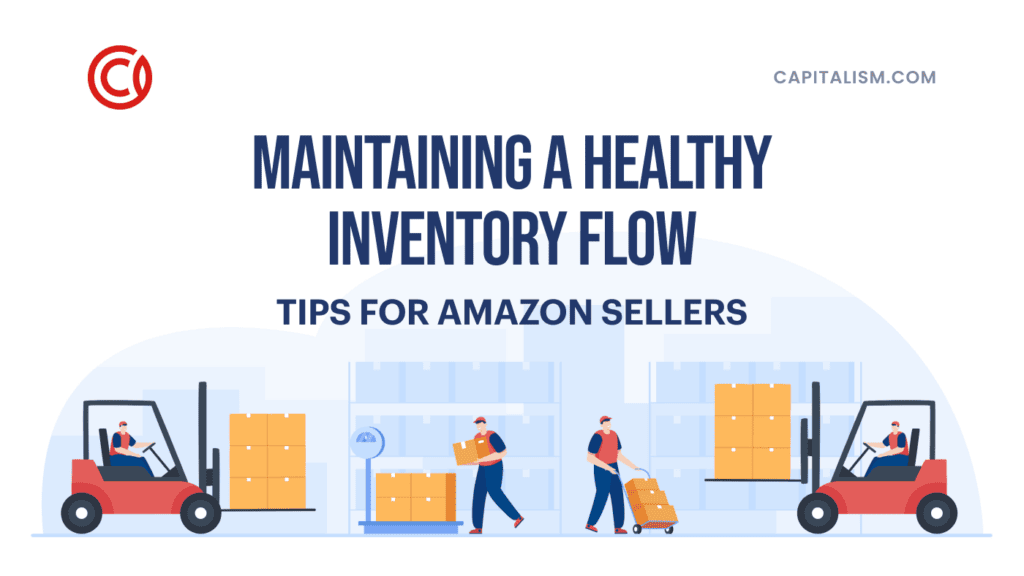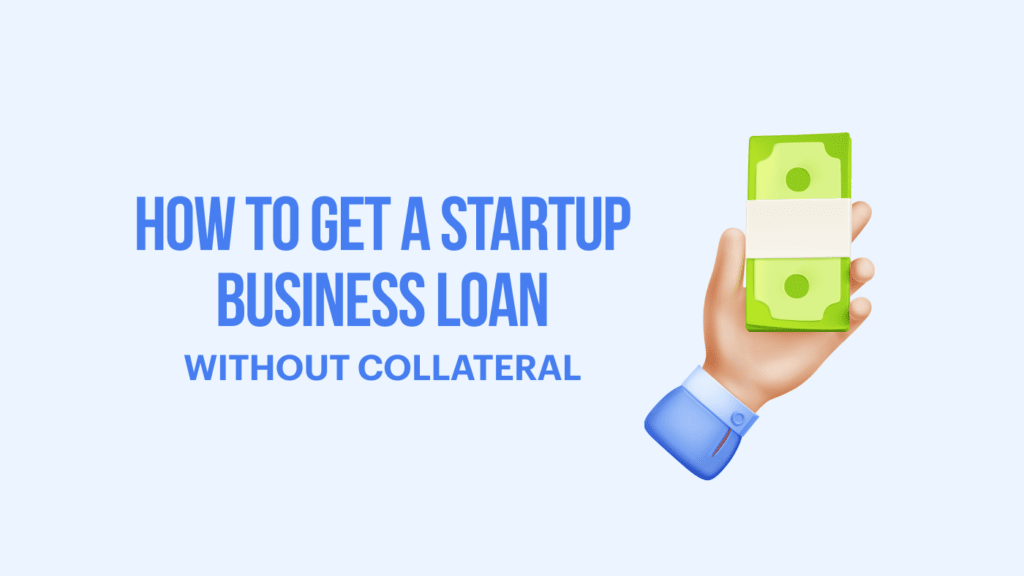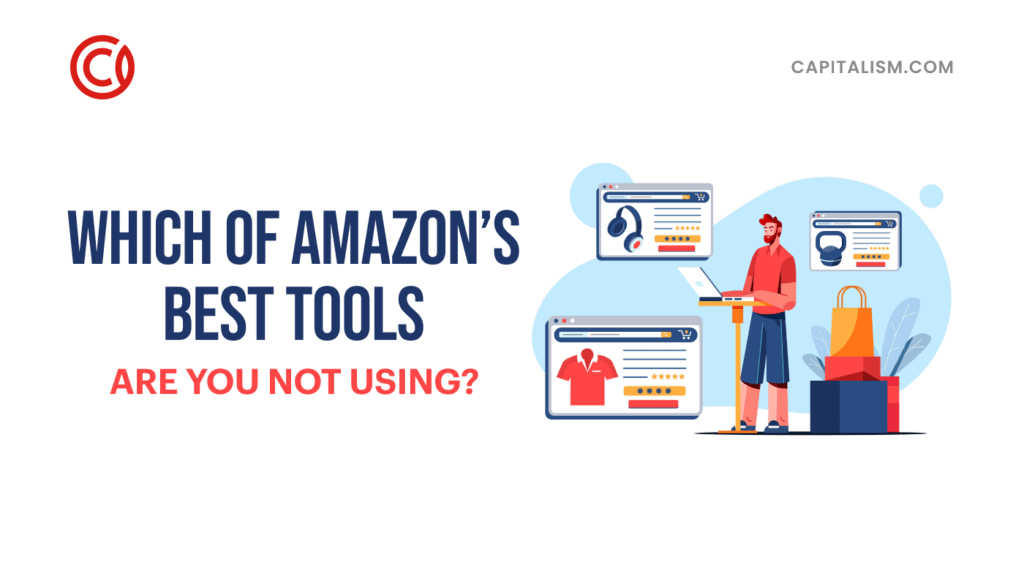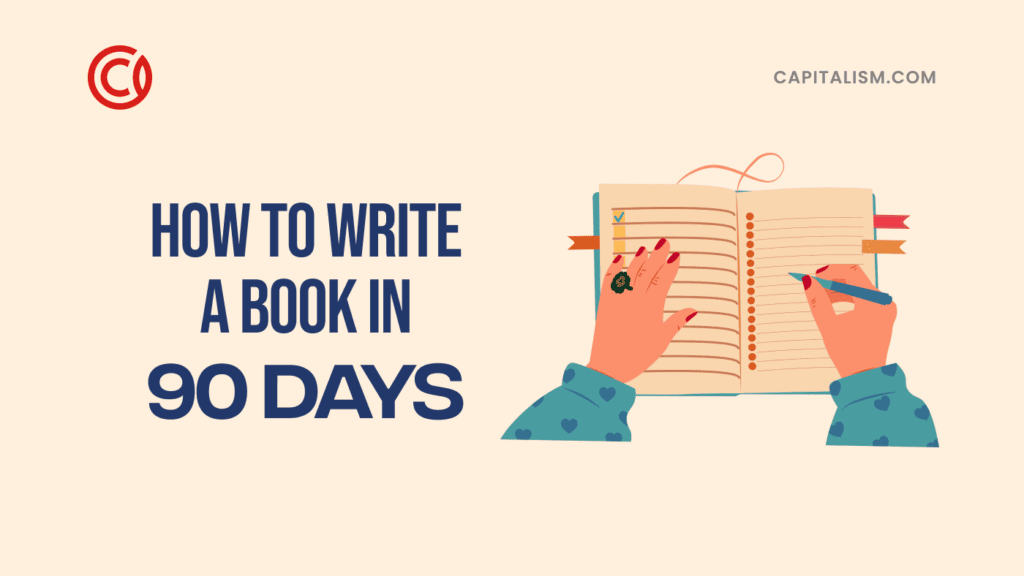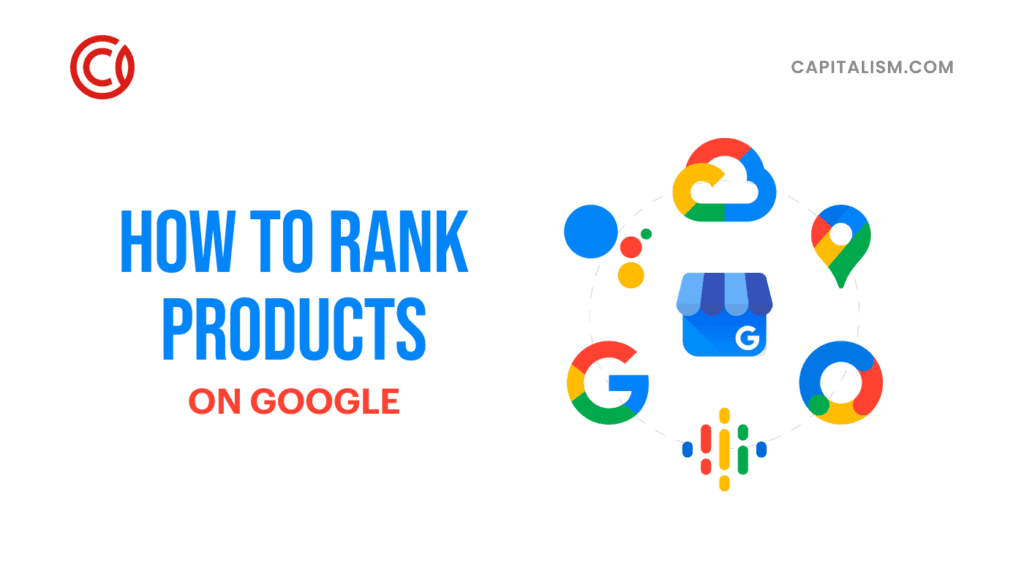Is it possible to learn how to invest in real estate with no money out of your pocket?
You've heard attractive things about investing in real estate. Real estate yields stable income returns, offers unique tax advantages, and hedges against inflation.
You’re sold. You want in on this. But you’re asking, “How can I invest with no money?”
What if you don't have the liquid capital to get started? Can you still do something?
Yes!
It is absolutely possible to invest in real estate with little to no money. You’ll need more creativity and put in more work, maybe. But this lucrative opportunity is available if you're ready to seize it.
Why You Should Invest In Real Estate
Real estate investments hold many advantages over investments in stocks and bonds. It offers opportunities to grow your wealth, diversify your portfolio, and learn about an exciting industry.

Here are a few benefits of investing in real estate:
- Real estate has tangible value. Any time you purchase property, you are purchasing value. There is value in the home itself, the neighborhood it's in, and even the land it sits on.
- Real estate has a predictable cash flow. If you rent out your properties to reliable tenants, you can expect a predictable cash stream flowing in every month.
- Real estate appreciates in value. Housing has only increased over the years, and prices continue to rise. The longer you hold onto a property, the higher the chance its worth will increase over time.
- Renovations boost your property value. Unlike stock assets, you can make tangible improvements to your property to immediately boost its value. Renovating the kitchen or building a backdoor patio will increase its selling price or monthly rent.
- Real estate is tax-deductible. When you own real estate, you enjoy certain tax benefits. You get tax deductions on mortgage interest, cash flow from income-generating properties, and other benefits.
Fortunately, you can now enjoy real estate investment benefits, even when you don't have vast amounts of capital. Here's how.
How Do I Start Investing In Real Estate With No Money?
Full disclosure: Technically, there is no way to invest in real estate with no money. Why? Because nobody will sell you their property for free. Instead, you need money to invest—it's just that money doesn't always have to be yours.
Instead, the real question is how can you find financing and use other people's money, whether it's from a bank lender, a private investor, or another source.
8 Ways to Invest in Real Estate With Little or No Money
#1 Hard Money Lenders
Hard money loans are one financing option for those who want to invest in real estate with no money. Groups or private individuals provide the funds to finance your real estate investment.
You'd obtain a traditional loan by applying through your bank. However, this financing route isn't always guaranteed, especially if you have poor credit and little experience. Hard loans allow you to bypass the "strict vetting process" that banks usually follow. This helps borrowers with little capital and experience to secure funds more quickly.
Since a hard loan is a private loan, there are certain risks you should recognize before moving forward. While hard money loans might be more accessible than traditional bank loans, lenders may charge you a higher interest rate. After all, if you were denied a loan from your bank for, let's say inexperience, these lenders are taking a higher risk by financing your investment. Be sure to research the terms of your loan thoroughly. Also, don't be afraid to try negotiating a more favorable interest rate.
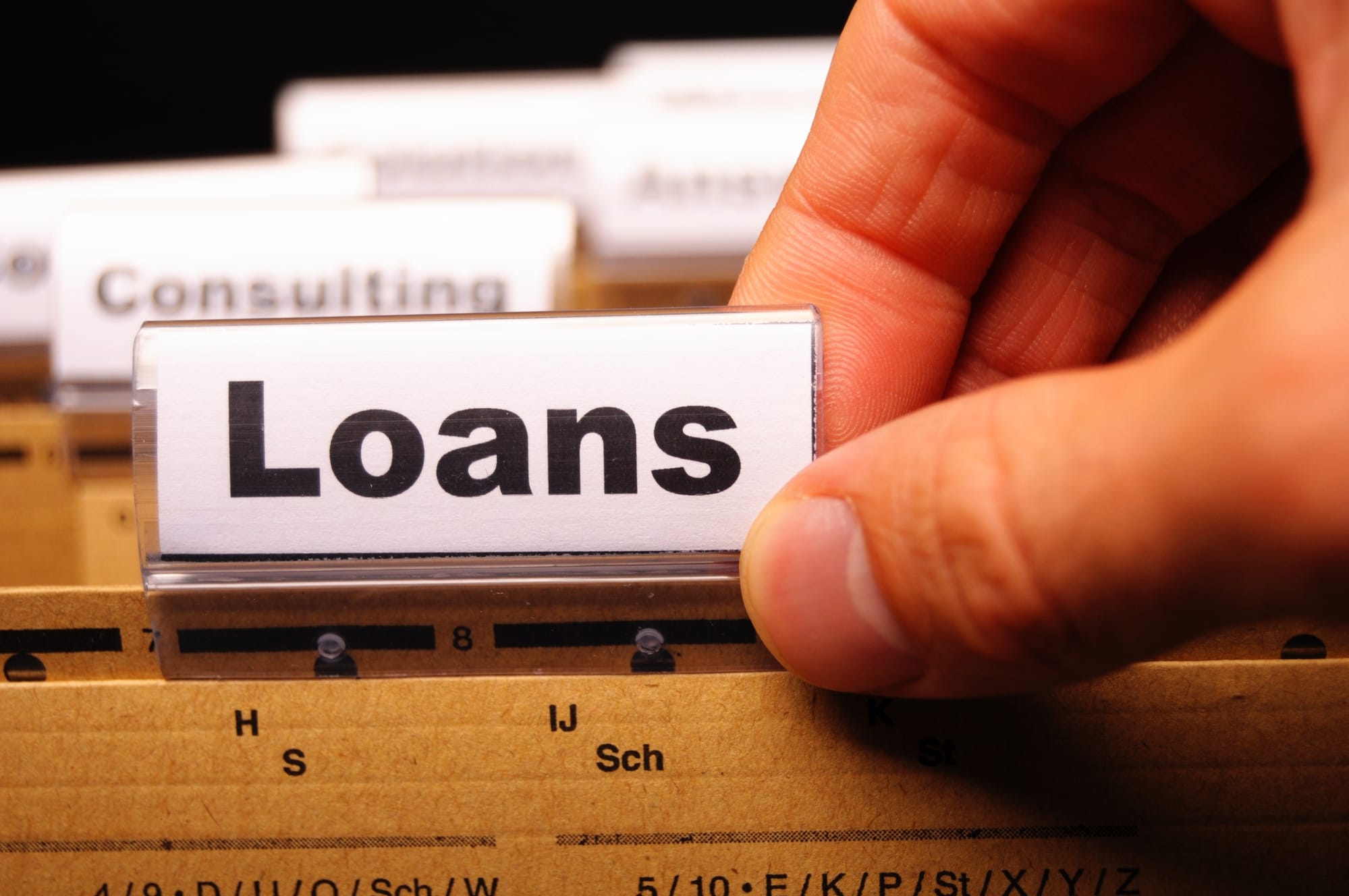
#2 Find an Equity Partner
The price tag is only one barrier to investing in real estate. If this is the case for you, then it's worth bringing an equity partner on board.
Equity partners will handle financial hurdles in your stead. In exchange, they will request a percentage of ownership in your property. This lets them be involved in the process of purchasing the property, managing it, and renting it out. Also, your equity partner will receive a portion of what the property generates.
An equity partnership isn't limited to just two people. Some real estate investors bring on several equity partners and together, they pool their money to secure the property investment.

#3 Rent Out Your Existing Home
If you're a current homeowner, you might already be sitting on a money-making opportunity. Consider moving out and then turning it into a rental property.
If there are multiple bedrooms, you can find tenants and charge them rent totaling more than your mortgage payment. This way, you can make your monthly mortgage payment while generating additional income.
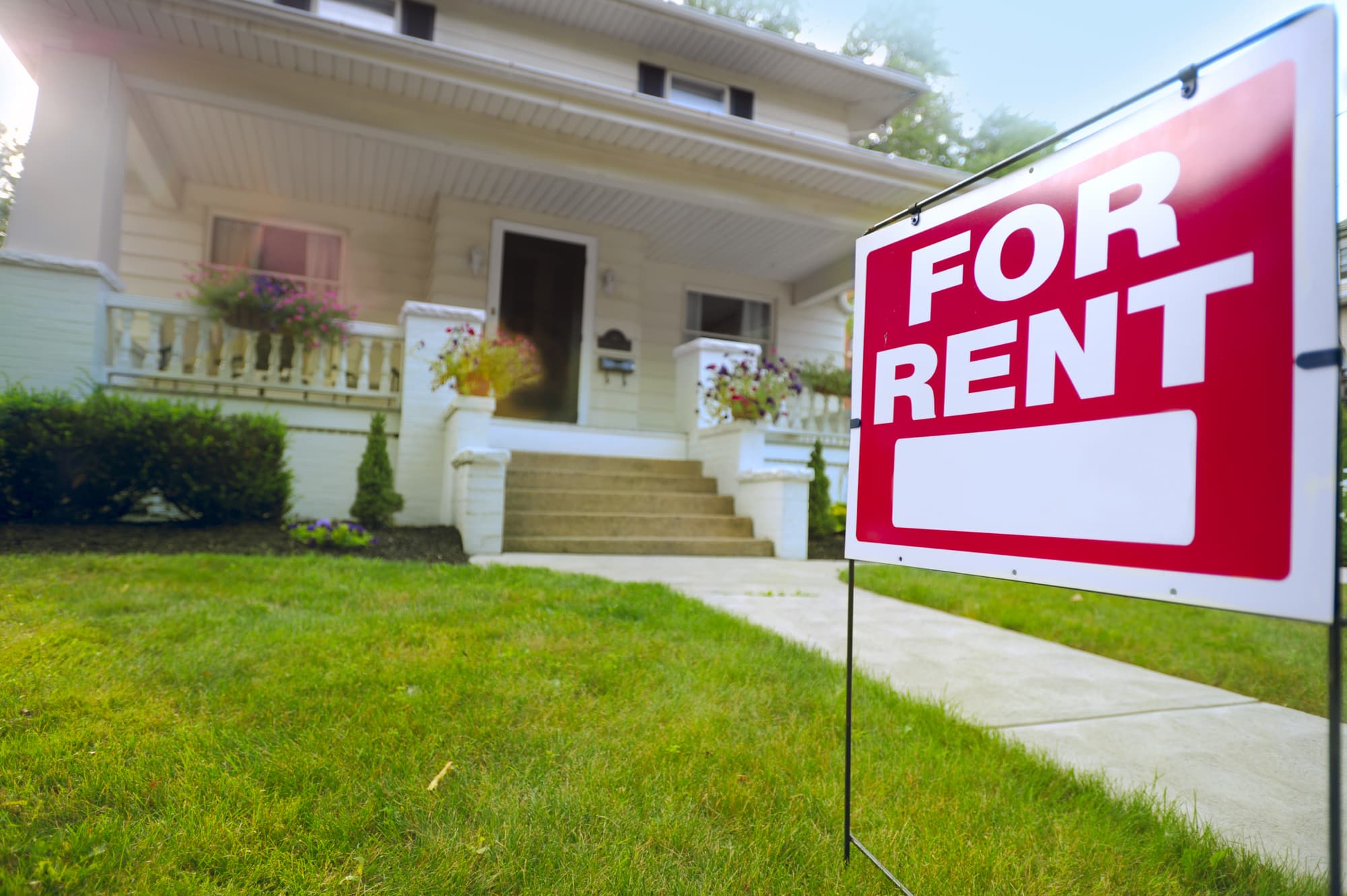
#4 Government Loans and Grants
Real estate investors play an important role in helping our government meet housing demand within the United States. That's why the federal government offers certain grant programs to offset some of the financial requirements real estate investors face.
That's right!
You can partly finance your next real estate project by receiving funds from the federal, state, and local governments. Since it's a grant, you don't need to pay it back!
Here some grants that you can take advantage of:
- Economic Development Grant programs
- Emergency Capital Repair Grant
- HOME Investment Partnerships Program
- Emergency Capital Repair Grant
- Assisted Housing Stability and Energy and Green Retrofit Investments Program
- US Department of Housing and Urban Development grants
To learn more about what grant programs are available to you, check out Grants.gov. The grants offered are usually specific and targeted. For example, one grant program may require you to renovate the house so that it complies with specific green standards.
Many of these grant programs will require you to submit a Grant Proposal. Be sure to read the requirements carefully. This will give you the best chance to secure financing for your real estate investments.
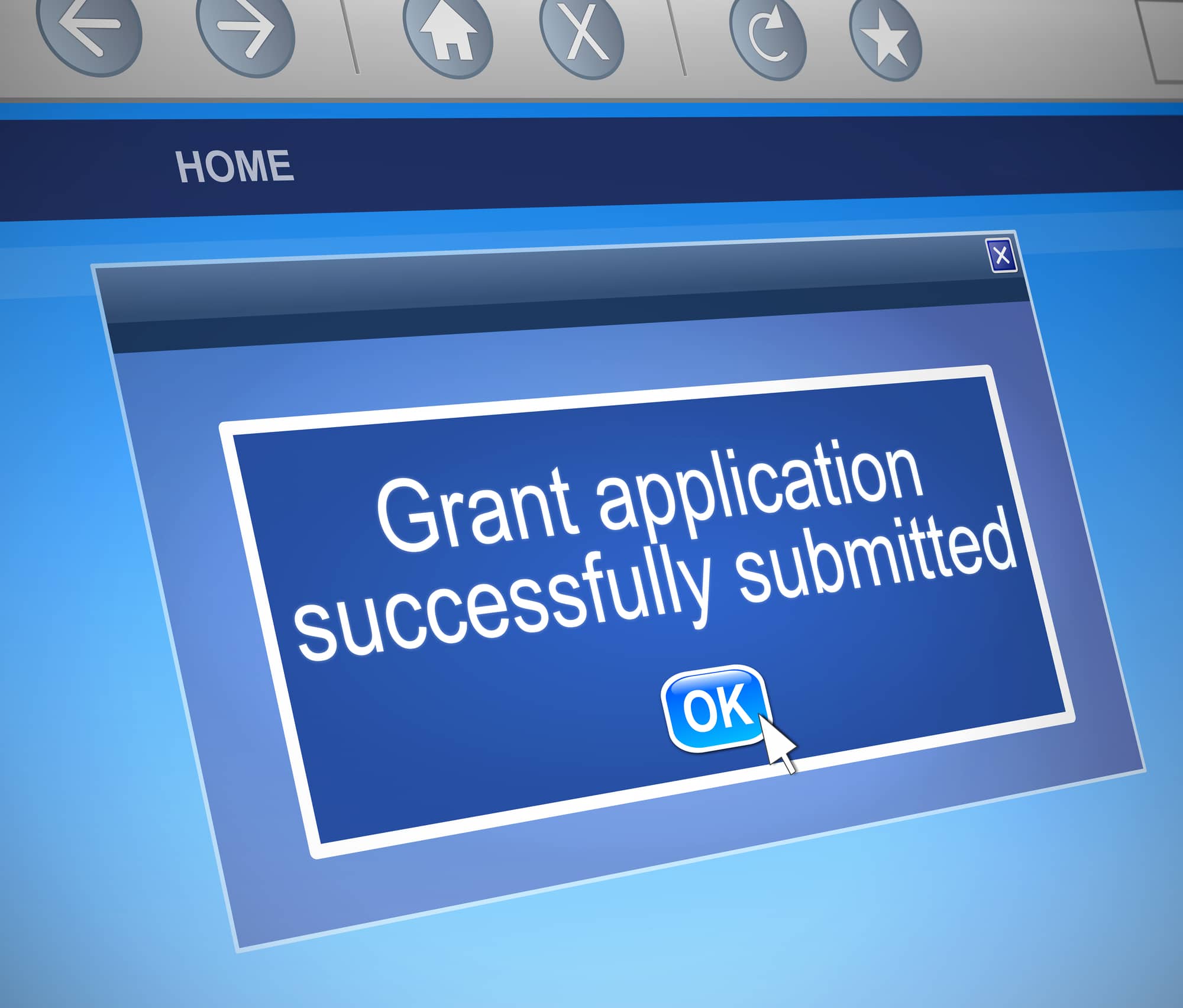
#5 Owner Financing
The most common way to purchase income property is through a traditional loan from the bank. The borrower applies for a loan, gets approved, and then pays off the loan over time.
Owner/seller financing is another option for real estate investors to finance their property investments. With this financing method, the seller of the income property accepts installment payments until the buyer pays in full. Essentially, the property owner is taking the place of the lender.
While this route isn't actually investing with no money, it may be a less expensive alternative to a traditional bank loan. The down payment, interest rate, and terms are negotiable. Moreover, this financing method tends to have lower closing costs, which often include expenses paid to banks for services rendered. Owner/seller financing can be an attractive route for investors who were denied a loan from their bank.

#6 Real Estate Crowdfunding
Crowdfunding is a financing option that has grown in popularity. Businesses, like Oculus Virtuality and MVMT Watches, owe a portion of their towering success from their crowdfunding campaigns.
Today, crowdfunding extends beyond business startups. Now, you can invest in real estate through real estate crowdfunding.
Before, investing in real estate had a high barrier to entry. You needed a lot of money, and you needed to have connections within the industry. Investing in real estate wasn't feasible for the average investor.
Real estate crowdfunding is chipping away at those barriers. Instead of securing financing from a private individual or a small group of people, crowdfunding lets you reach out to a large pool of investors.
In addition to securing financing, real estate crowdfunding offers some other benefits:
- Jump through fewer hurdles that you would when applying for a traditional bank loan.
- Market your investment ventures through the crowdfunding platform. This can attract more investors to finance your property investment.
- Build a track record of success on the crowdfunding platform, which increases your reputation and credibility as an investor.
- Grow your investor network. Successful investments will increase client loyalty, which can lead to word-of-mouth marketing for you.

#7 Microloans
Like crowdfunding, microloans have risen in popularity over the years and are usually associated with small businesses. Small businesses often apply for microloans to scale their existing business or to acquire startup funding for their next business venture. Now, you can even use microloans to finance your real estate investments.
However, as the name suggests, the funds you receive from a microloan aren't significant—averaging just $13,000, according to the U.S. Small Business Administration. The benefit to a microloan is that the lower balance usually means lower qualifying requirements. You are more likely to secure a microloan compared to a traditional bank loan.
Even with the smaller balance, microloans are still worth mentioning. If anything, a microloan can help cover the down payment on a property.
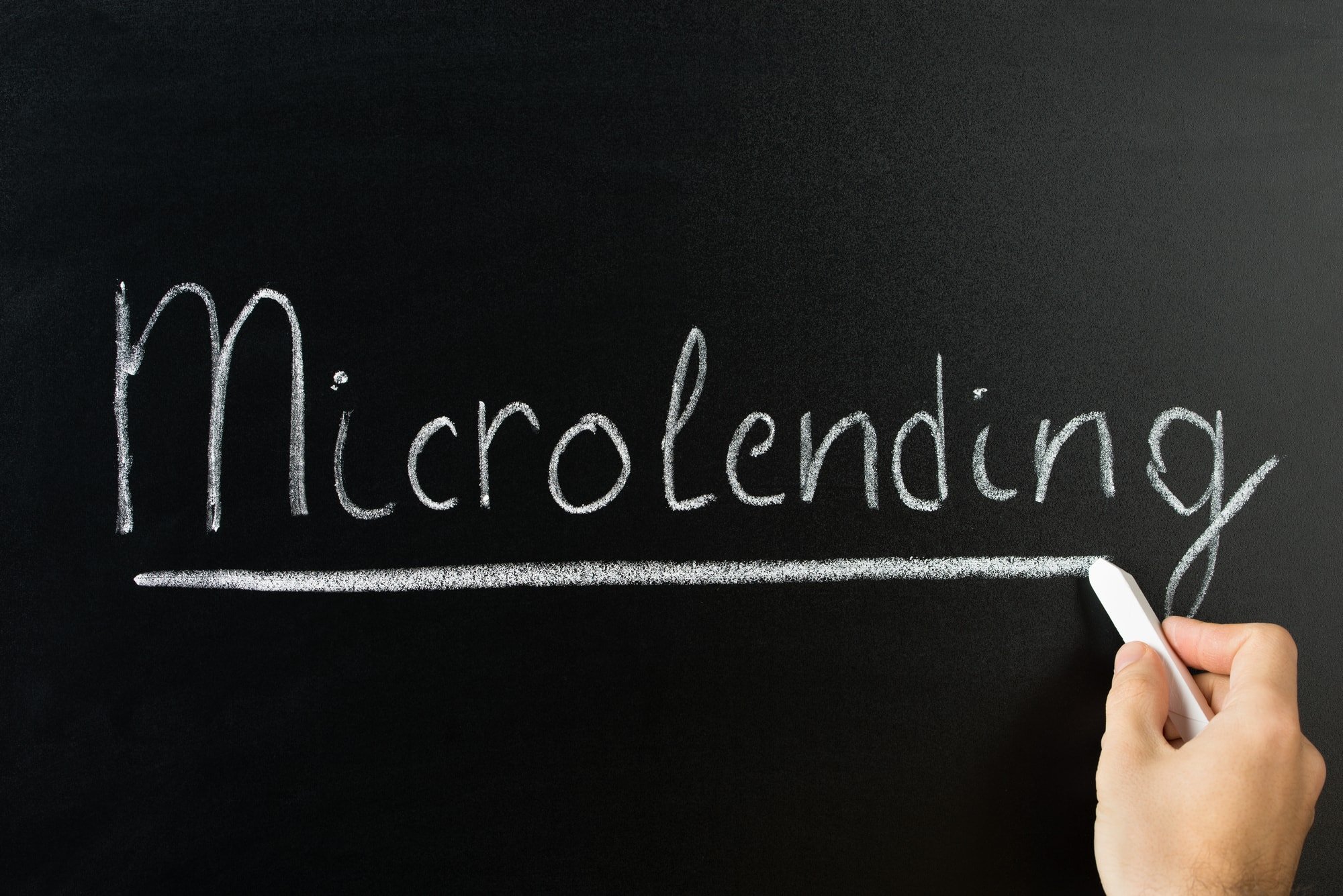
#8 Wholesaling
Real estate wholesaling might be the answer you're looking for if you're wondering how to start investing in real estate with little money. However, real estate wholesaling might be a new concept to you. Here's how it works:
As a wholesaler, you'll want to look for a discounted property, on in distressed condition, or that the seller wants to sell quickly.
When you make an offer on the property, explain to the property seller that you're a wholesaler. As a wholesaler, you streamline the entire home selling process. Often, you'll handle the home inspection, initiate, the title transfer, get the home appraiser, and request quotes from contractors for renovations.
Work with contractors to determine the scope of work needed. Then you can estimate the property's after-repair value.
Now it's time to look for an interested buyer. Your job is to sell the buyer on the home's value and that it's an excellent fit for them. You walk the buyer and seller through the entire closing process. Once that is complete, you've fulfilled your role as a wholesaler!
Now, you're probably wondering how you get paid. Wholesalers get paid in two ways:
- The wholesaler charges the buyer a finder's fee: 5% to 10% of the sale price.
- The wholesaler makes money when closing the deal by assigning the contract to the buyer. When the property owner sells their home, they're first selling it to the wholesaler. The wholesaler then agrees to sell the contract—the right to buy the property—to the buyer.
You might be thinking that wholesaling is a lot of work. You're right. Still, it's great for beginner investors and those with low liquid capital. Also, it helps you quickly learn the ins and outs of buying and selling real estate.
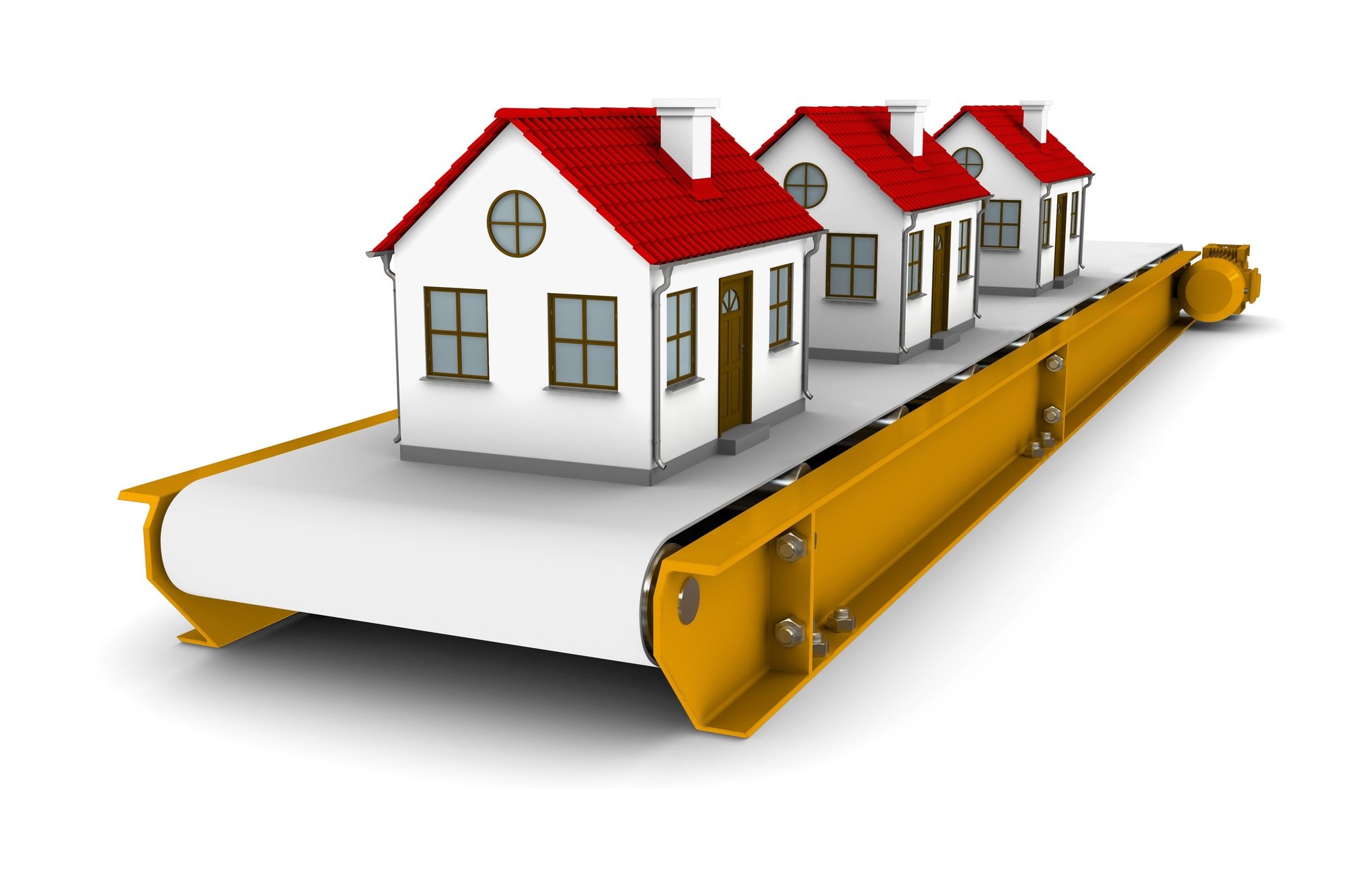
How Much Money Do You Need To Start Investing In Real Estate?
Naturally, the answer to this question varies by the property you buy. The amount needed depends mainly on the property's purchase price and the repair costs. It's better to understand the major expenses you'll encounter and then applying it to the properties that interest you.
Purchasing the Property
This will probably be your greatest expense, which means the biggest obstacle you'll need to overcome.
- Down payment
- Closing costs
However, if you're looking to invest in real estate with little to no money, you'll likely be securing a loan to cover all or most of these costs.
For example, if the property you're looking to buy is $100,000 and your loan covers only 80%, you'll be responsible for making up for the remaining $20,000. Of course, you can also look for other financing options to cover the remaining amount if you don't have the financial reserves.
Helpful Tip: Before committing to a property, always schedule a competent property inspector to evaluate the property's condition. Whether you commit to purchasing the home or retracting your offer will depend on your property inspector's findings.
Repairs and Renovations
After you buy your first rental property, you're probably waist-deep in pride and excitement. While this is a definite win, it's hardly the right time to rest. You still need the property in tip-top shape for renting out or selling.
The cost of repairs and renovations will depend on:
- The cost of the initial renovations
- Average annual maintenance costs
The cost of your initial improvements will depend on the condition of the home when you buy it. Generally, you'll want to avoid any major structural issues like cracked walls, piping issues, and damaged chimneys. Stick with properties where the majority of the renovations are cosmetic.
When you're working on your renovation budget, take everything you've seen on TV with a grain of salt. You don't need to stage a picture-perfect home. Ditch the marble countertops with a more affordable option.
Remember: you're investing in real estate to make money. You're not doing it to move into your dream home.
Also, don't forget to factor in annual maintenance costs into your budget. Chances are, your tenants aren't going to take care of the property that you own. You should set aside some cash reserves for plumbing and cleaning.
Helpful Tip: Grow your network of contractors. If you decide to own multiple properties, it's great to have a list of trusted contractors that you've worked with to call on during any incident. A dedicated plumber and electrician will be helpful when the situation calls for it.
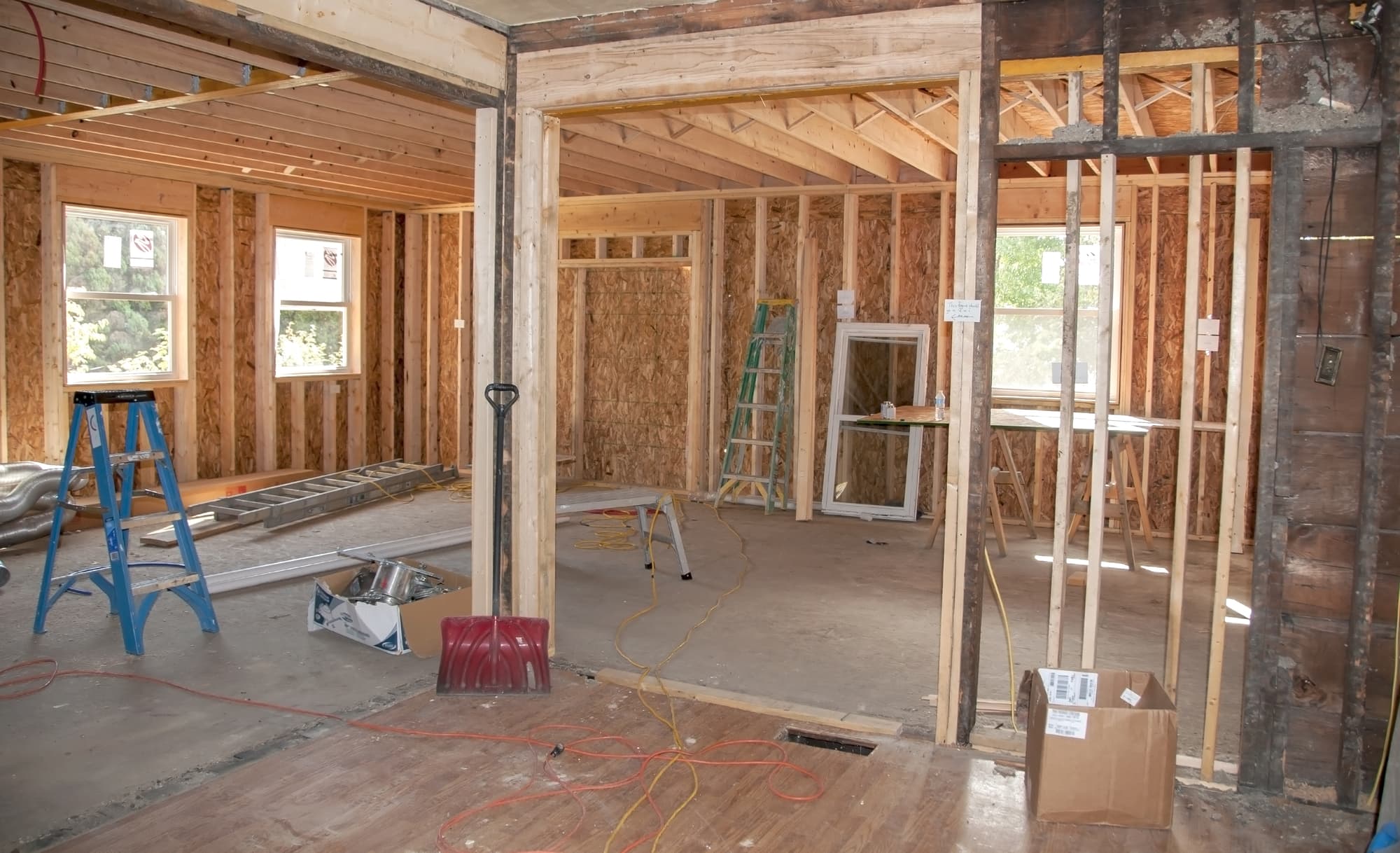
Cash Reserves
While this article is about learning how people invest in real estate with no money, it's still wise to have some liquid capital available. If you don't have the cash reserves, at least have a credit line available to cover any unexpected repair costs.
Can You Invest In Real Estate With Poor Credit?
So, you want to learn how to invest in real estate with no money and bad credit. First, your credit score plays a vital role in determining whether you receive approval for a loan. Your credit score is a method that lenders use to gauge your ability to repay the money you borrowed.
Credit scores break down into the following categories
- Bad Credit: 300-600
- Poor Credit: 600-649
- Fair Credit: 650-699
- Good Credit: 700-749
- Excellent Credit: 750-850
If you have poor credit and decide that you need to secure a loan to begin your investment journey in real estate, you may want to form an equity partnership. Your partner can make up for an area you lack—in this case, that would be your poor credit. Your partner will secure the loan, while you contribute in some other way to the partnership.
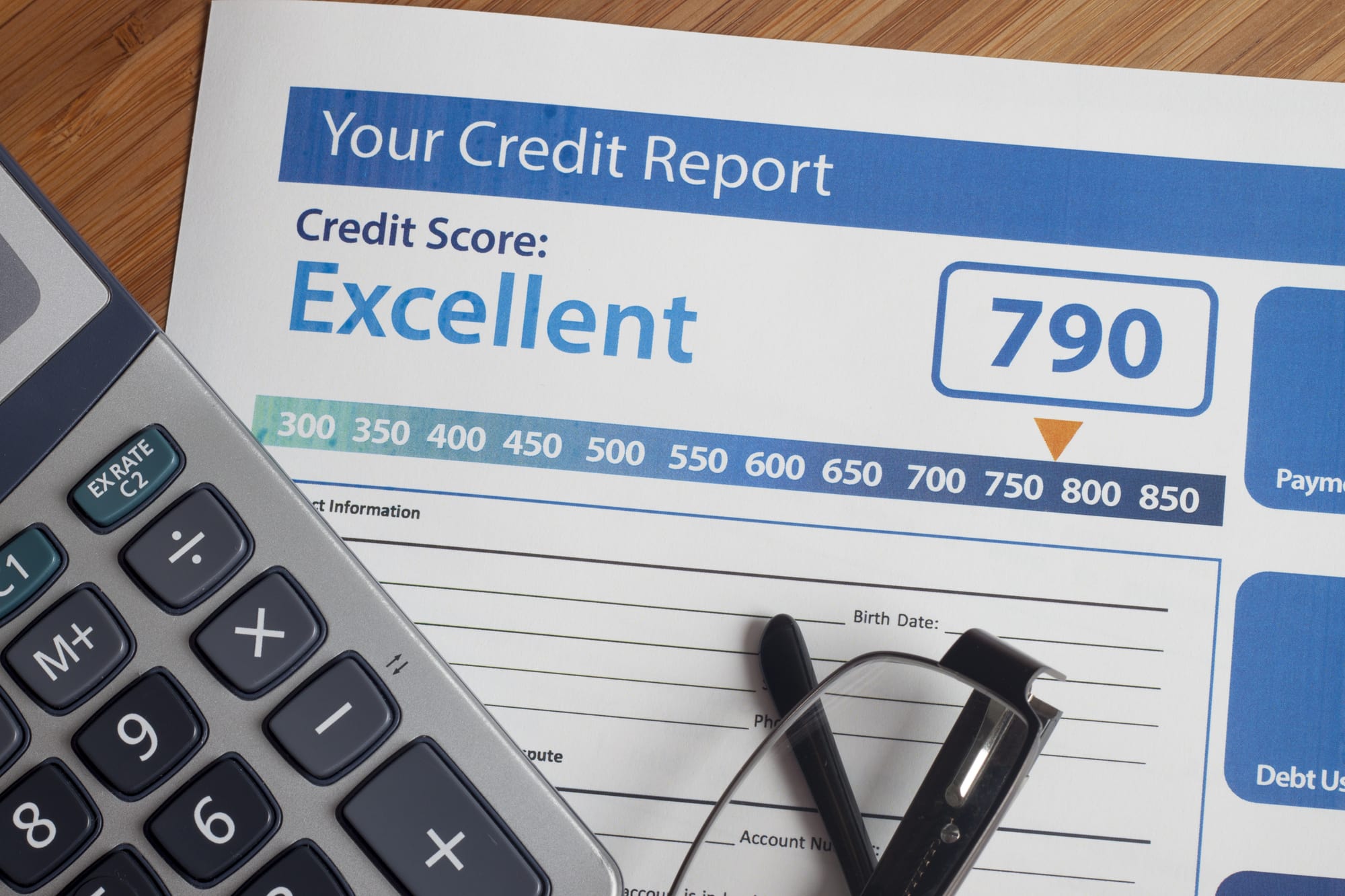
Can You Really Own 20 Properties With No Cash Down?
If you're doing more research on real estate, you've probably been bombarded with ads and emails about how to invest in real estate with no money down. You're probably quick to delete those emails or scroll past that ad. After all, they're probably a scam, right?
Well, not entirely.
Can You Buy A Property With No Money Down?
It is possible to own multiple properties—even 20 or more—with little no cash down. However, it's less likely that you will have 100% ownership of those properties. In other words, you'll probably be a co-owner among a group of investors who aggregate the total it takes to purchase the property investment.
“Buy rental property no money down" more often refers to not paying the down payment to purchase the property. However, don't confuse "no money down" with "free." More often, you'll need to contribute in some way. Usually, that means paying a monthly "administrative fee" to continue benefiting from this investment arrangement.
However, it's best to be careful about these situations. Many people call this type of "investment" a scheme because it operates within a legal gray area. Also, you run financial risks, especially if your co-owners drop out and you're stuck with a loan that still needs repaying
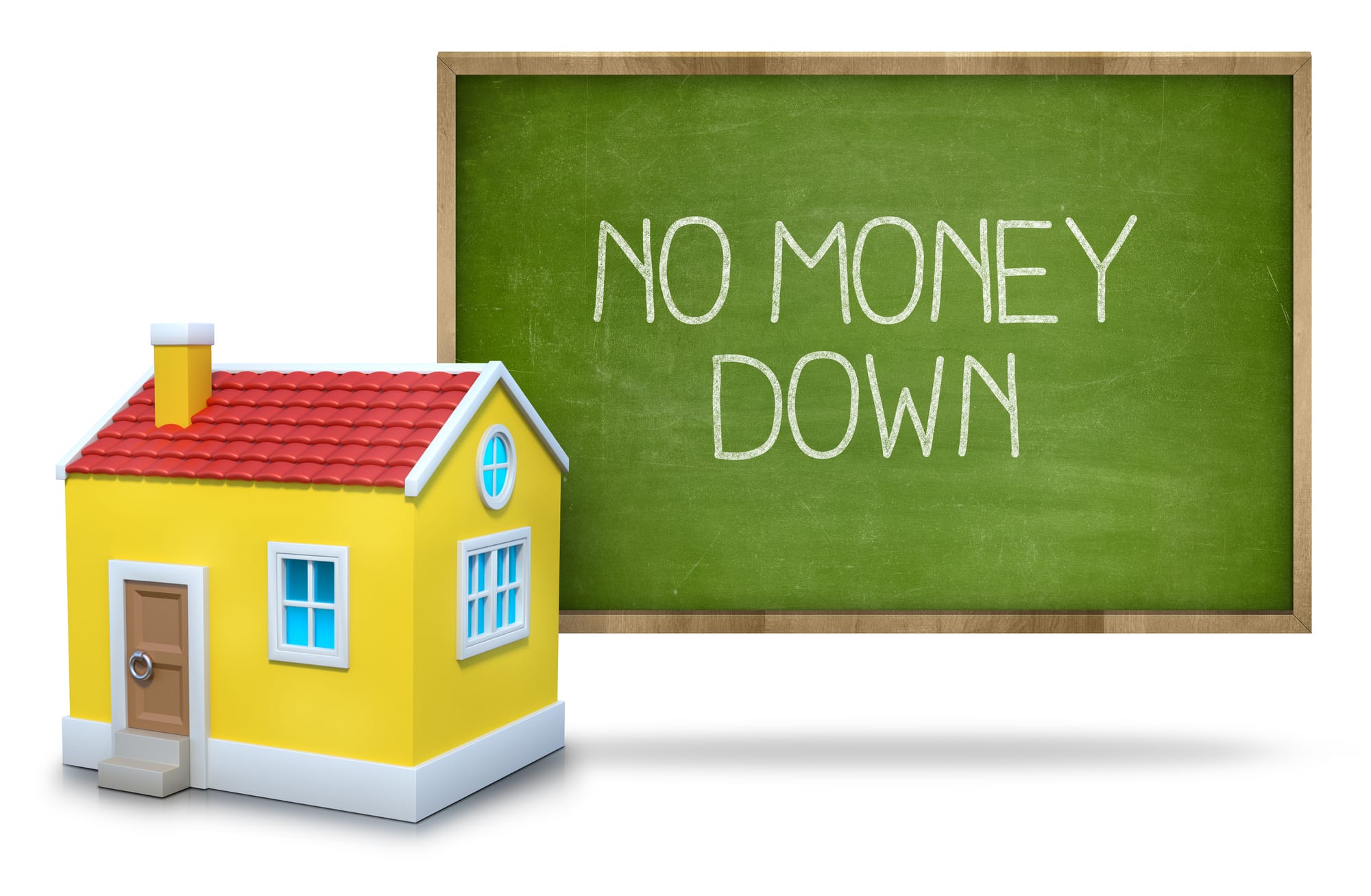
How Do You Buy Multiple Properties?
A real estate portfolio that is brimming with multiple properties in every real estate investor's dream. After all, the more properties you have, the more cash flow opportunities you can create, and the faster you can achieve financial freedom.
Buying multiple properties follows the same process as purchasing a single property. You will still need to secure the necessary financing to purchase multiple properties, whether that's a loan, real estate crowdfunding, or another method.
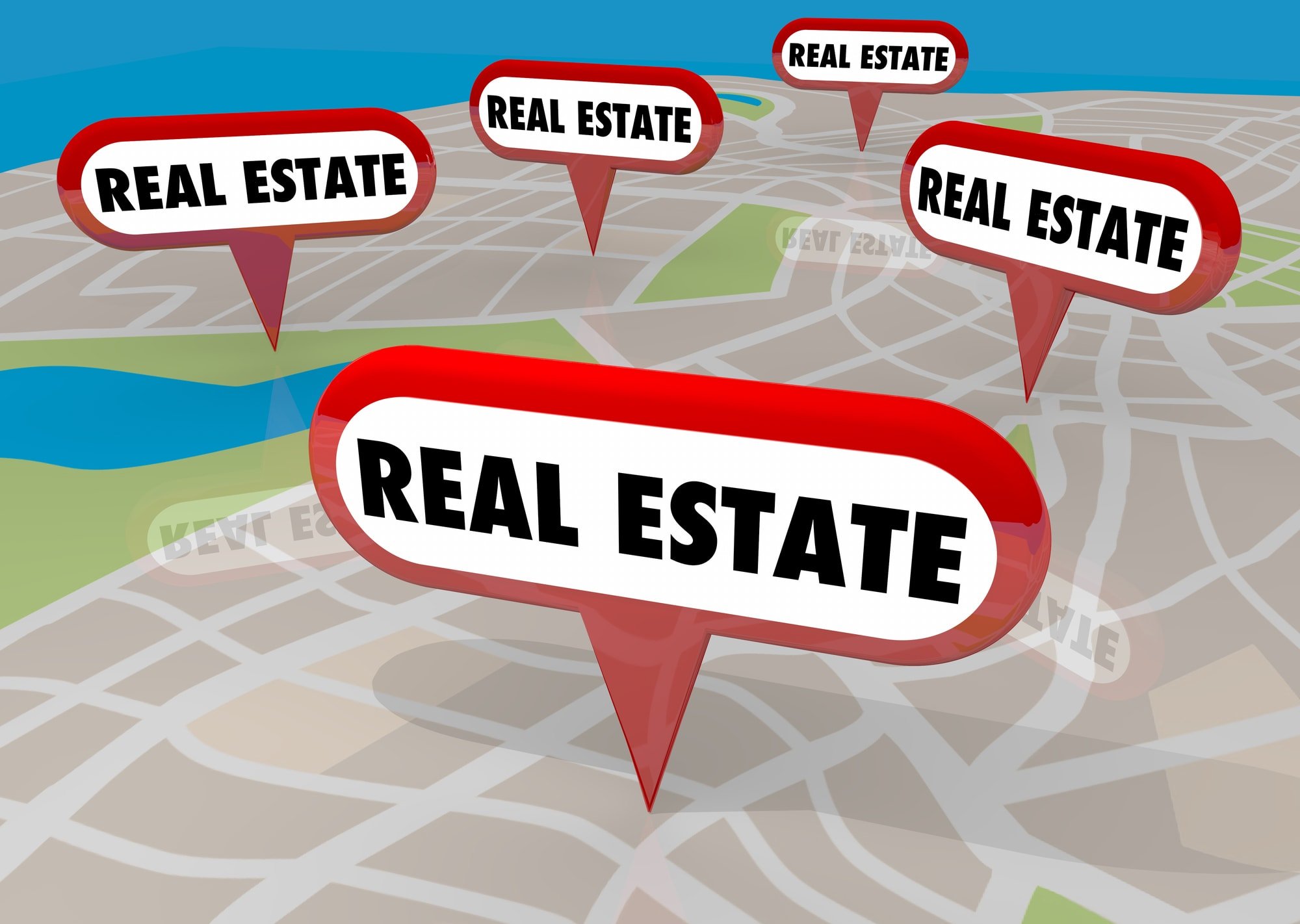
The Bottom Line
The growing availability of financing options for your property purchase is breaking down the financial barrier to investing in real estate. Bad credit and low cash reserves no longer have to hold you back from boosting your cash flow through real estate.
However, capital is only one resource. To make money that is significant and reliable from your real estate investments, continue developing your other assets, like your knowledge, network, and experience.
Real estate is the one asset that has secured cash flows and appreciation consistently for the last 100 years. It’s the one opportunity that may still be open in today’s unpredictable economy and ultra-competitive marketplace. That’s why, in The One Percent, we took a deep dive into this very topic. Join us and learn more about what it takes to generate wealth in real estate.


